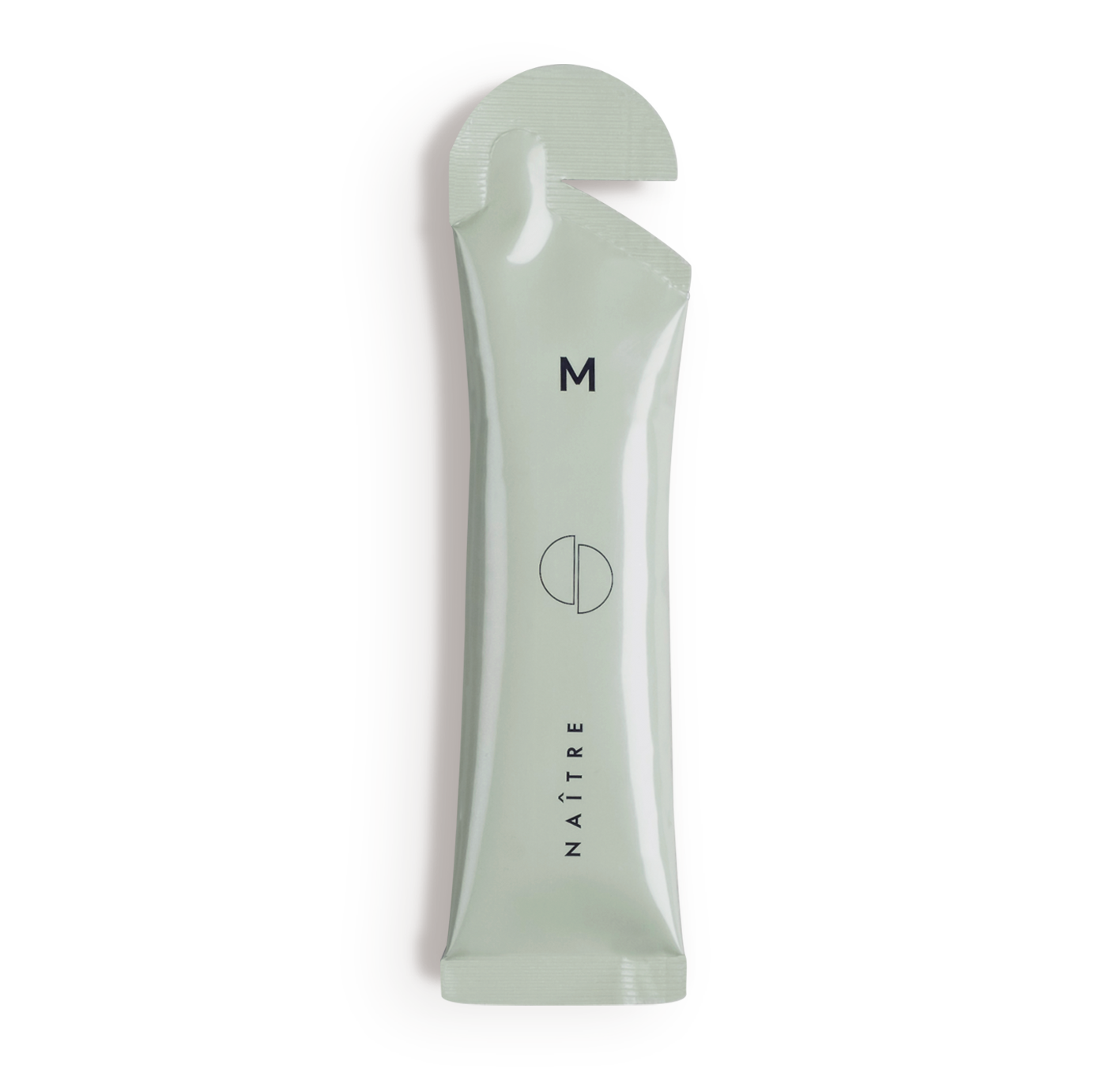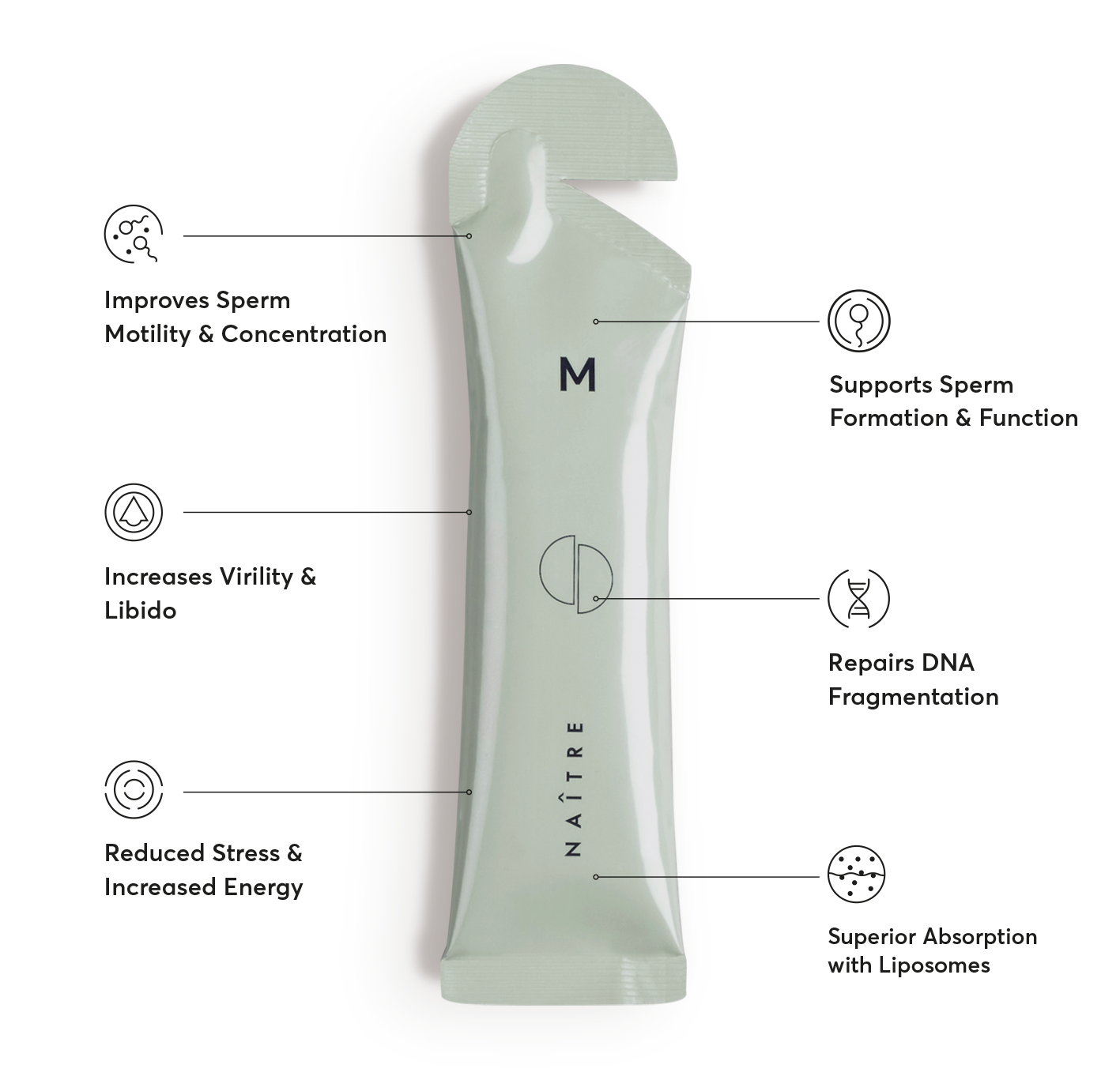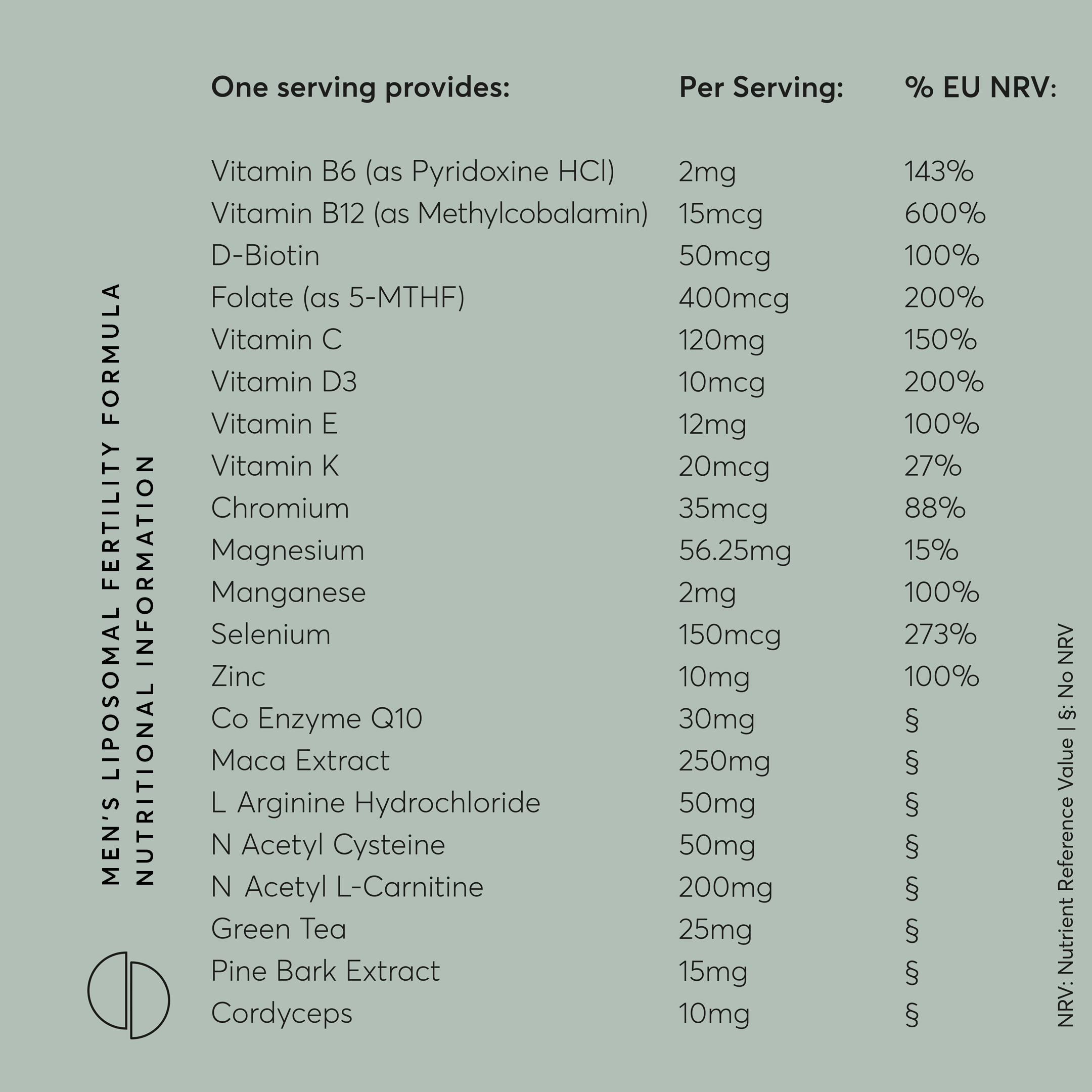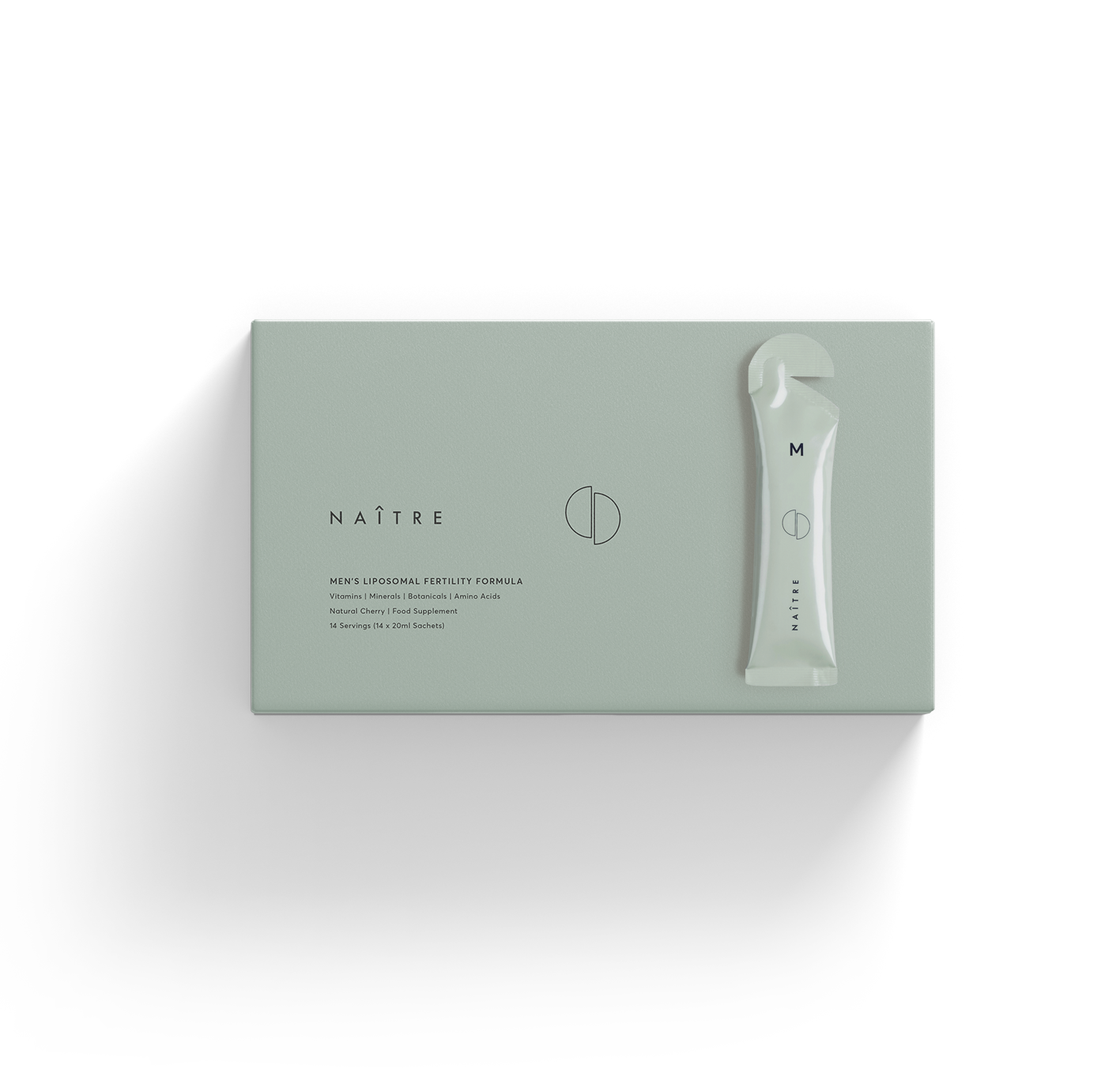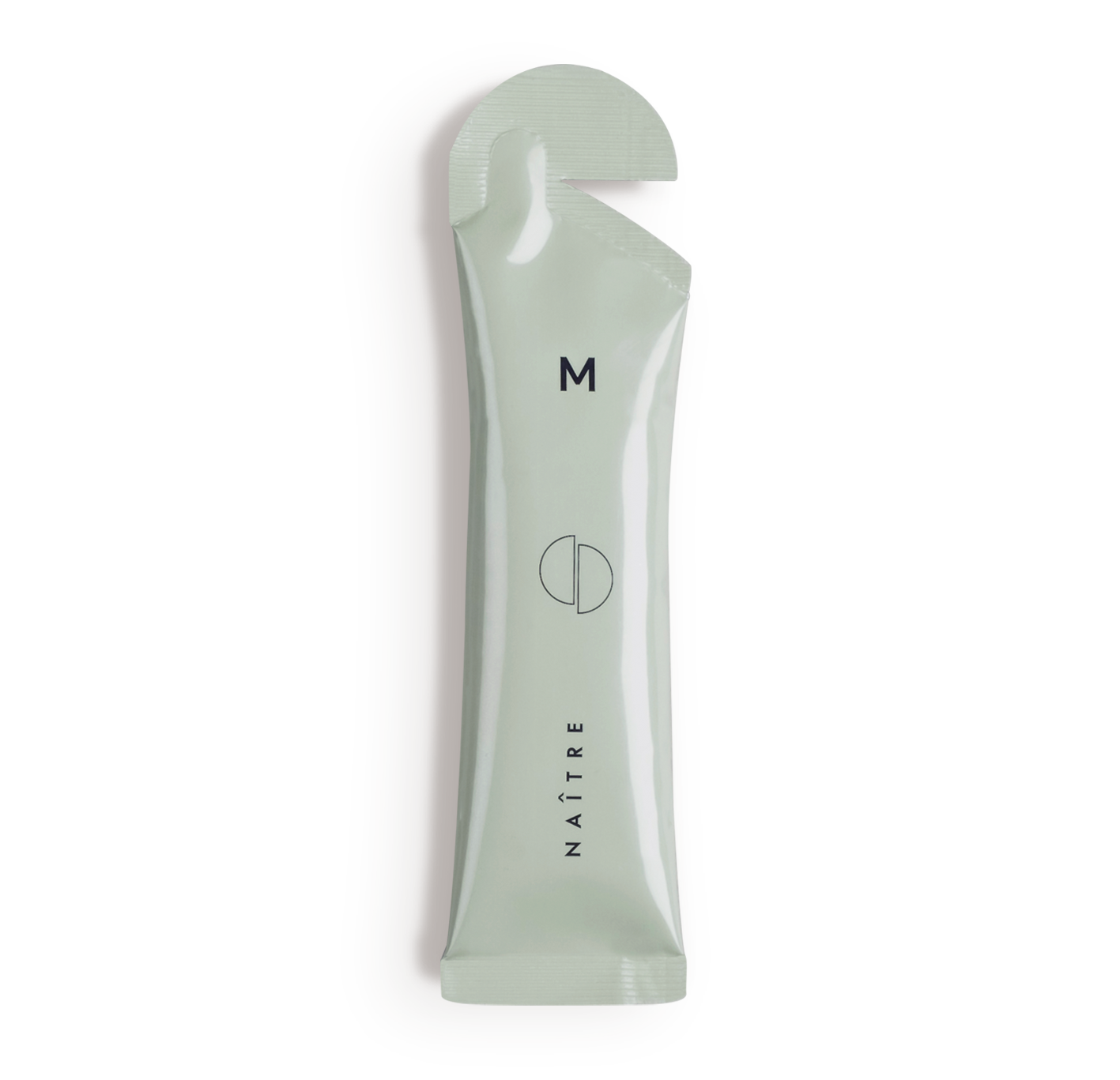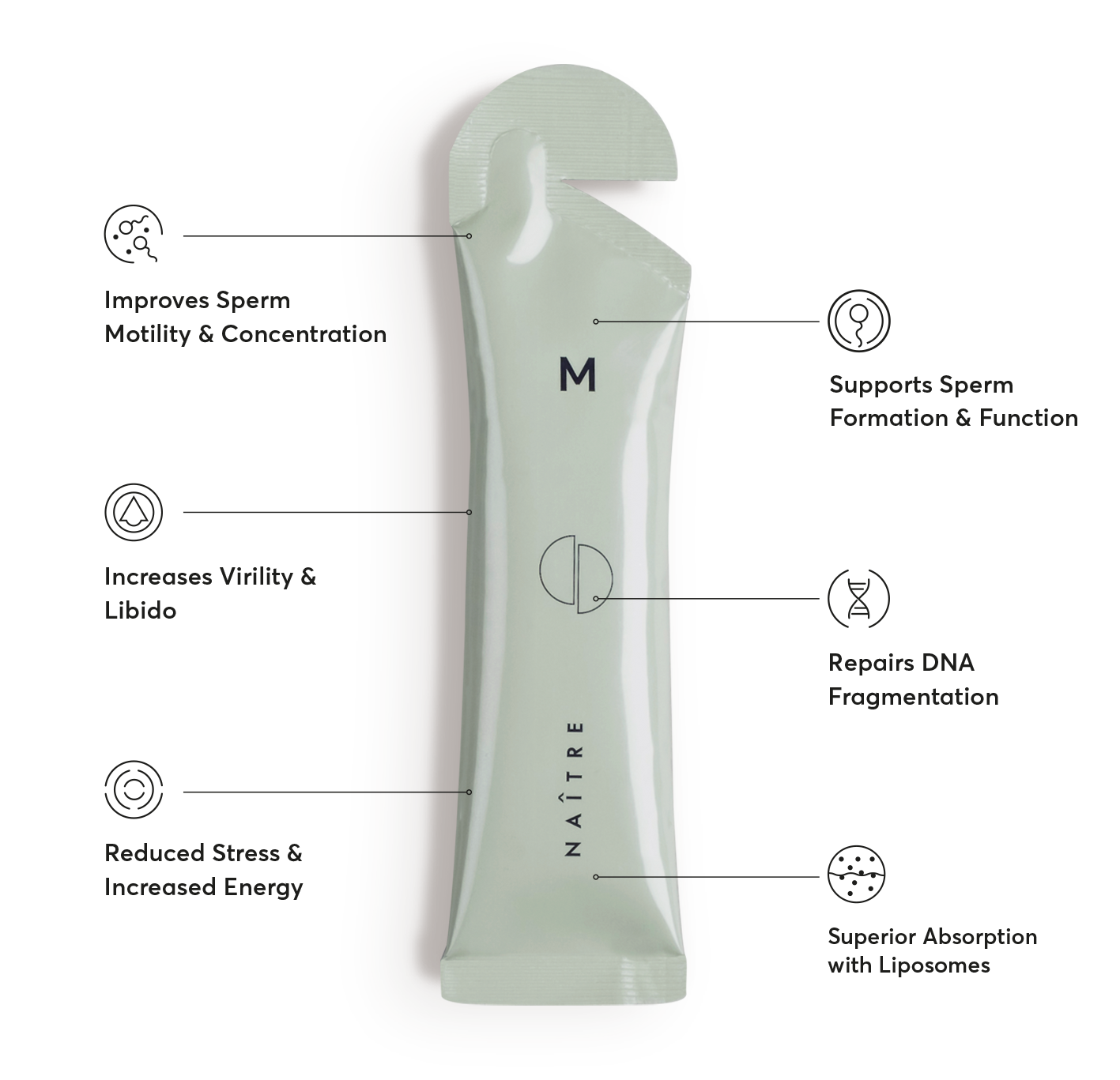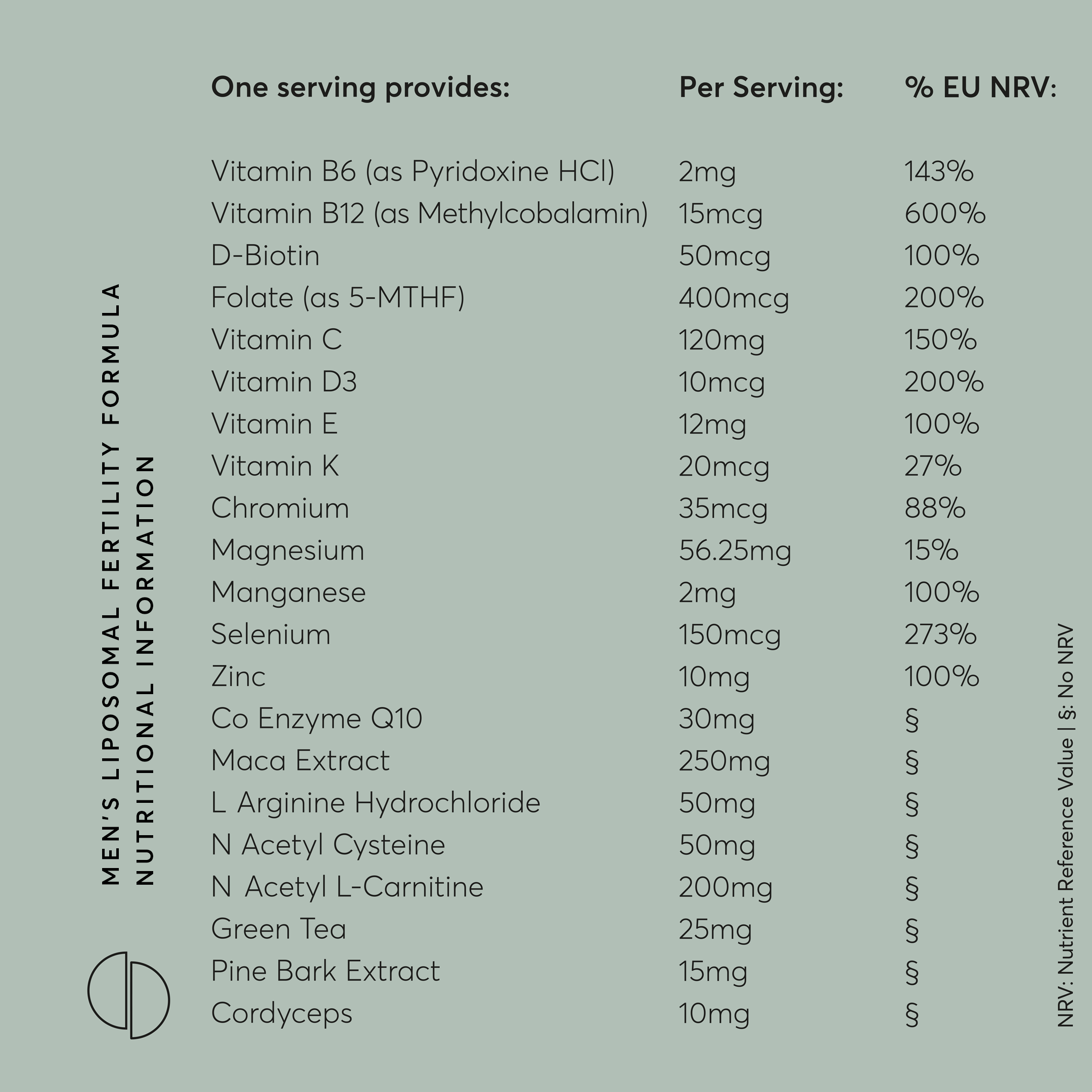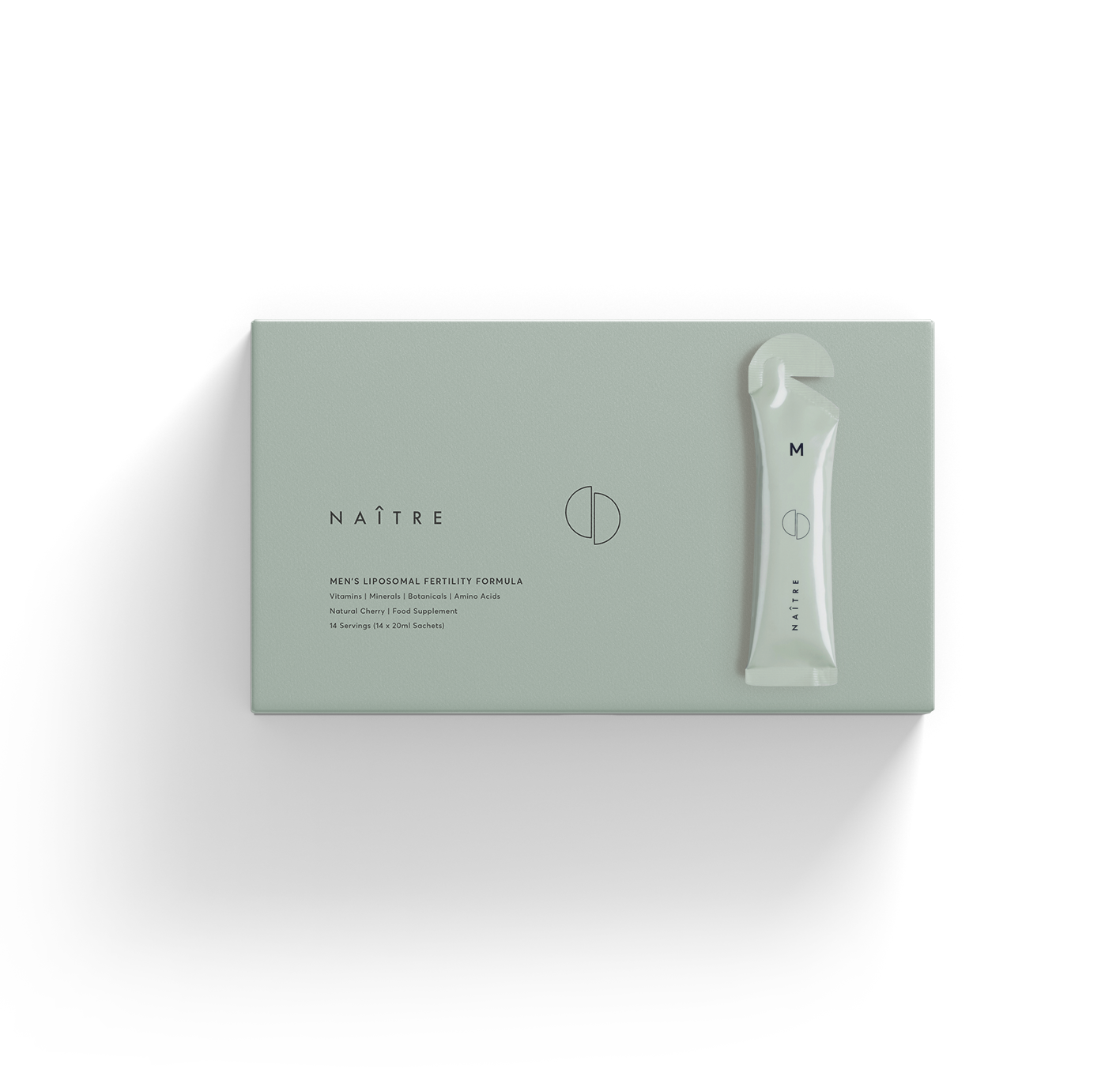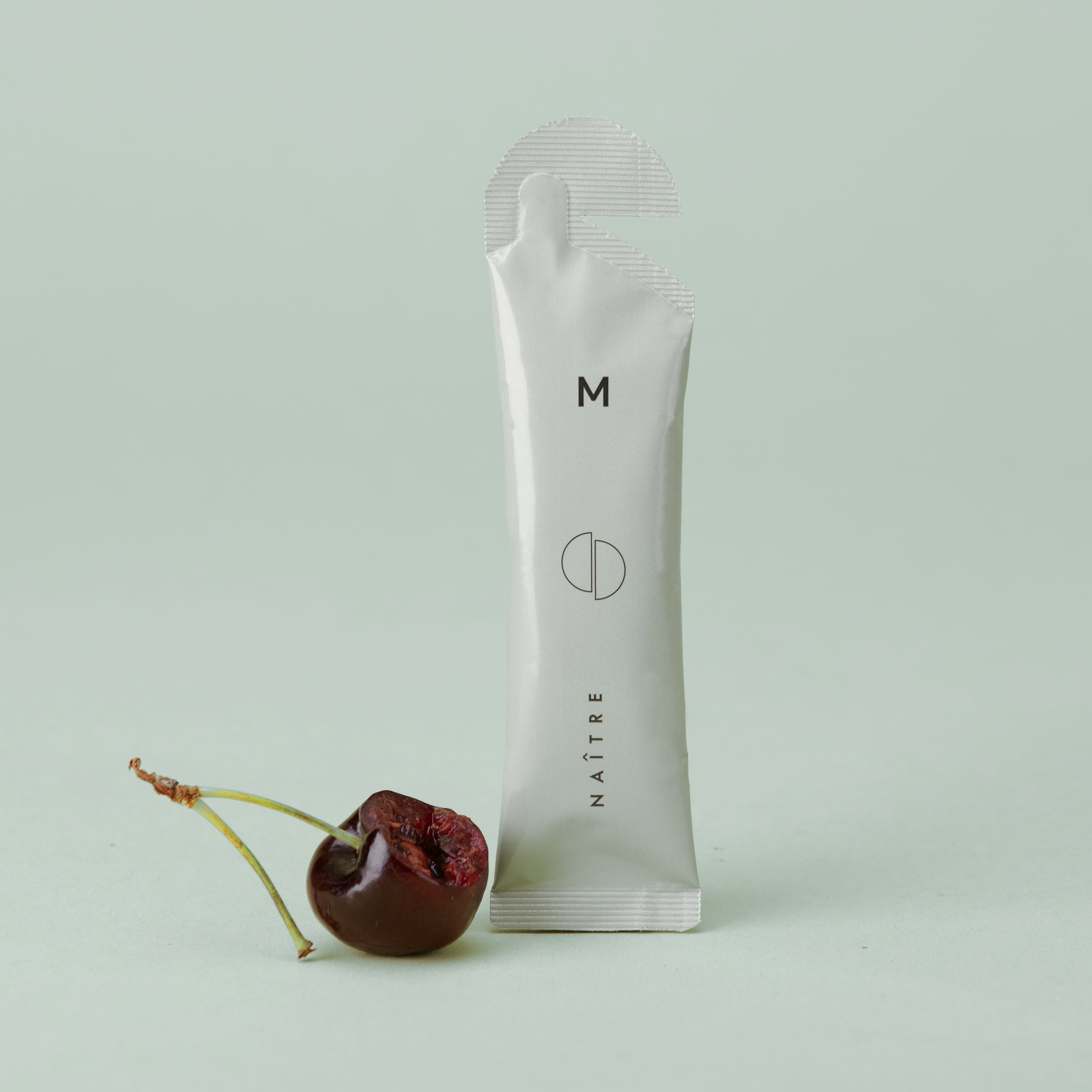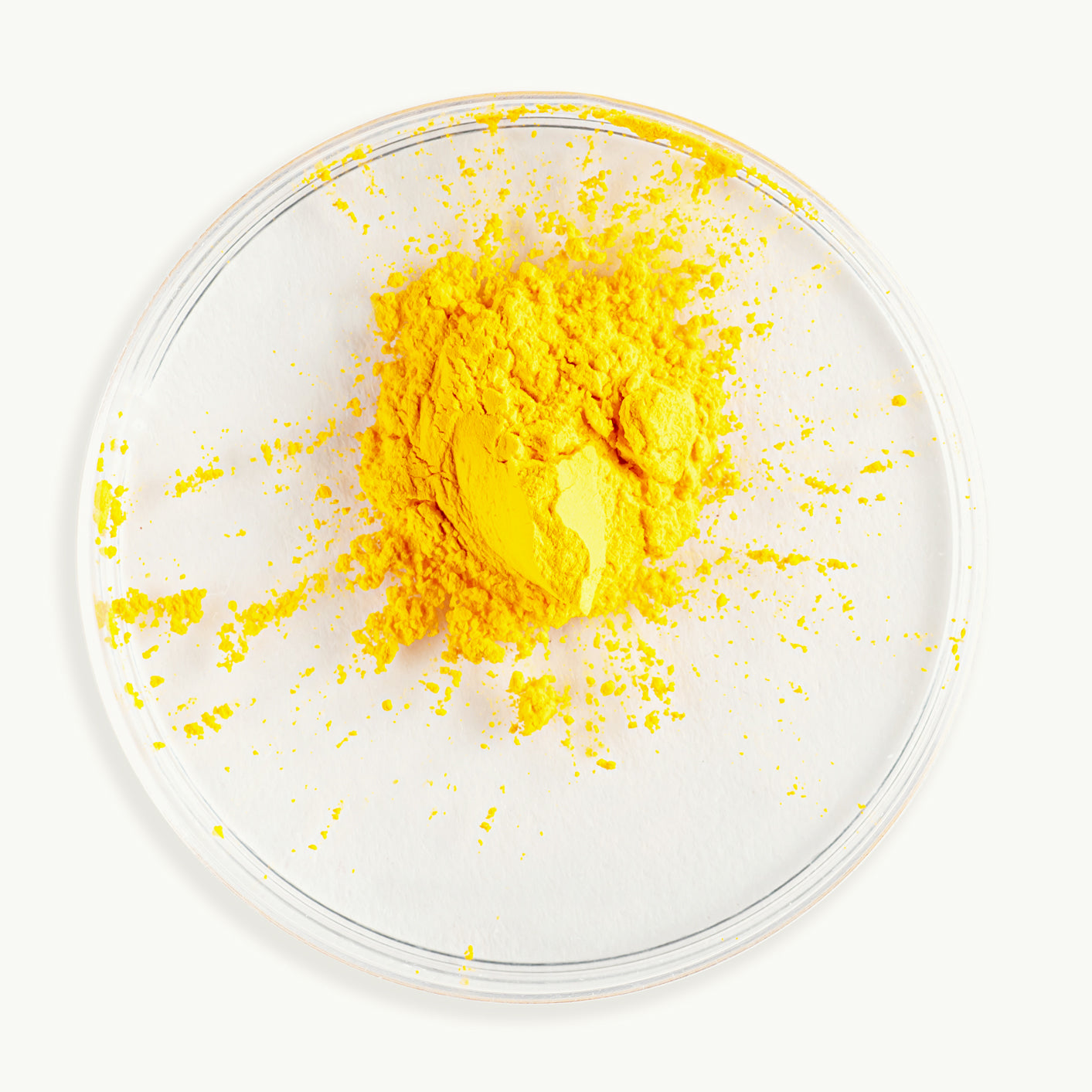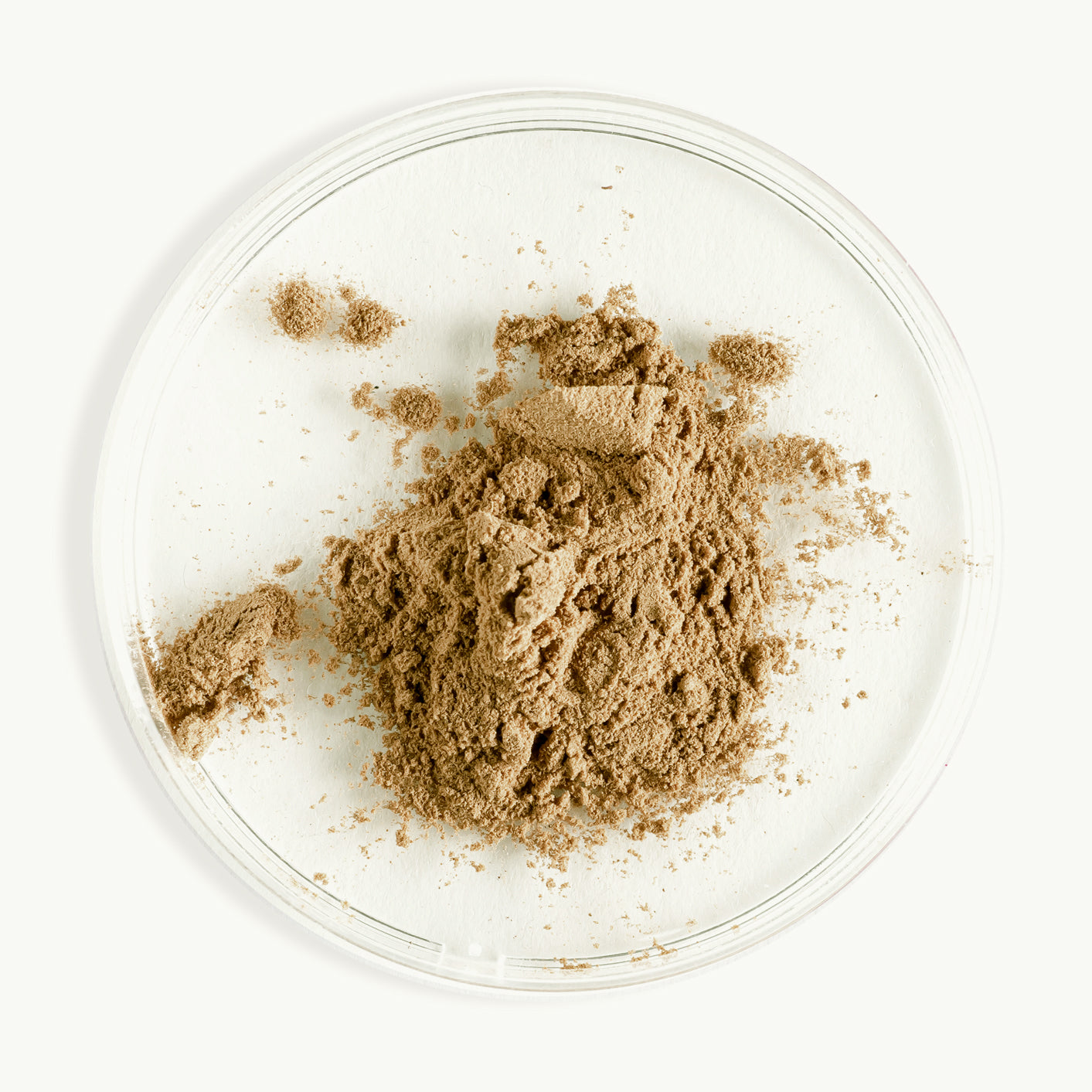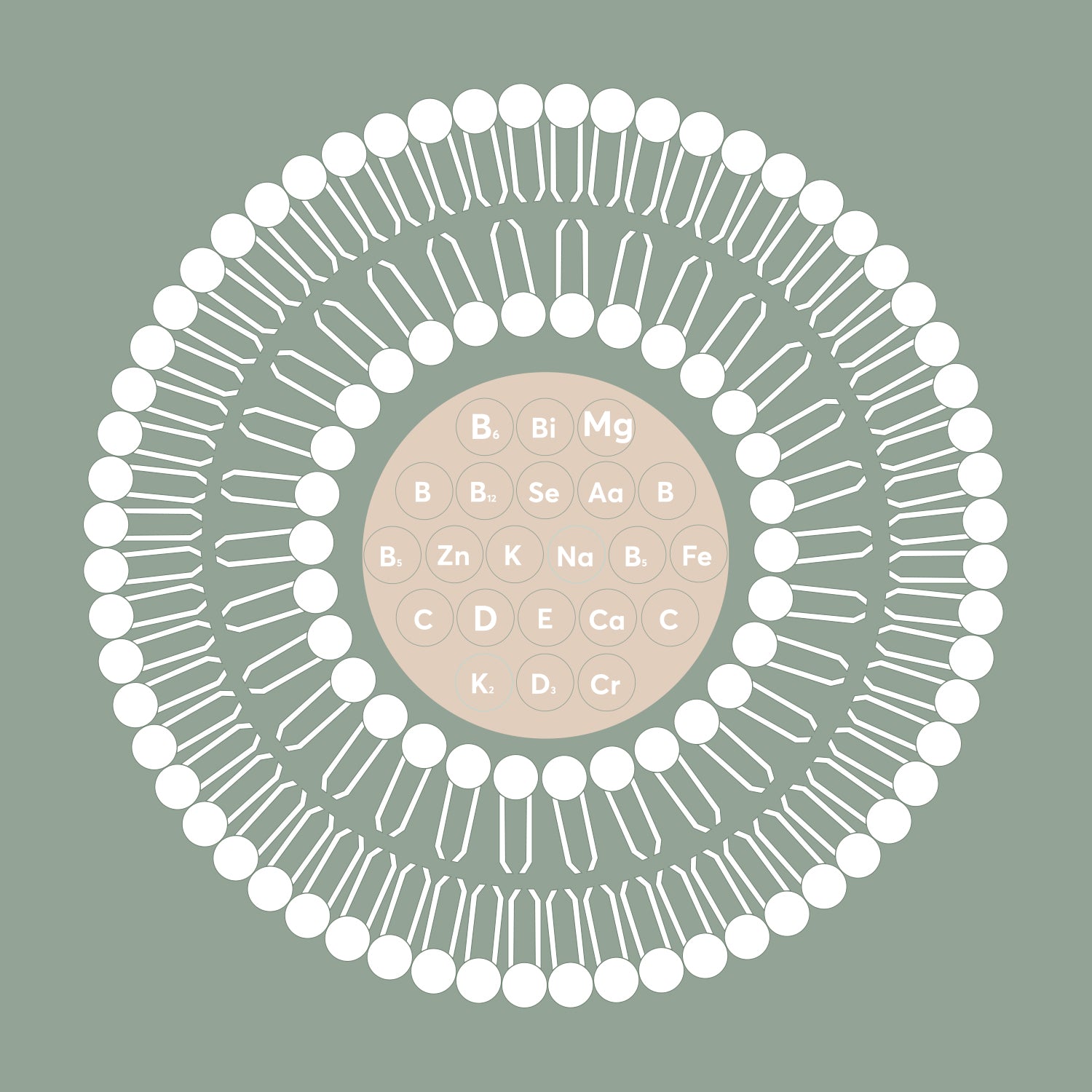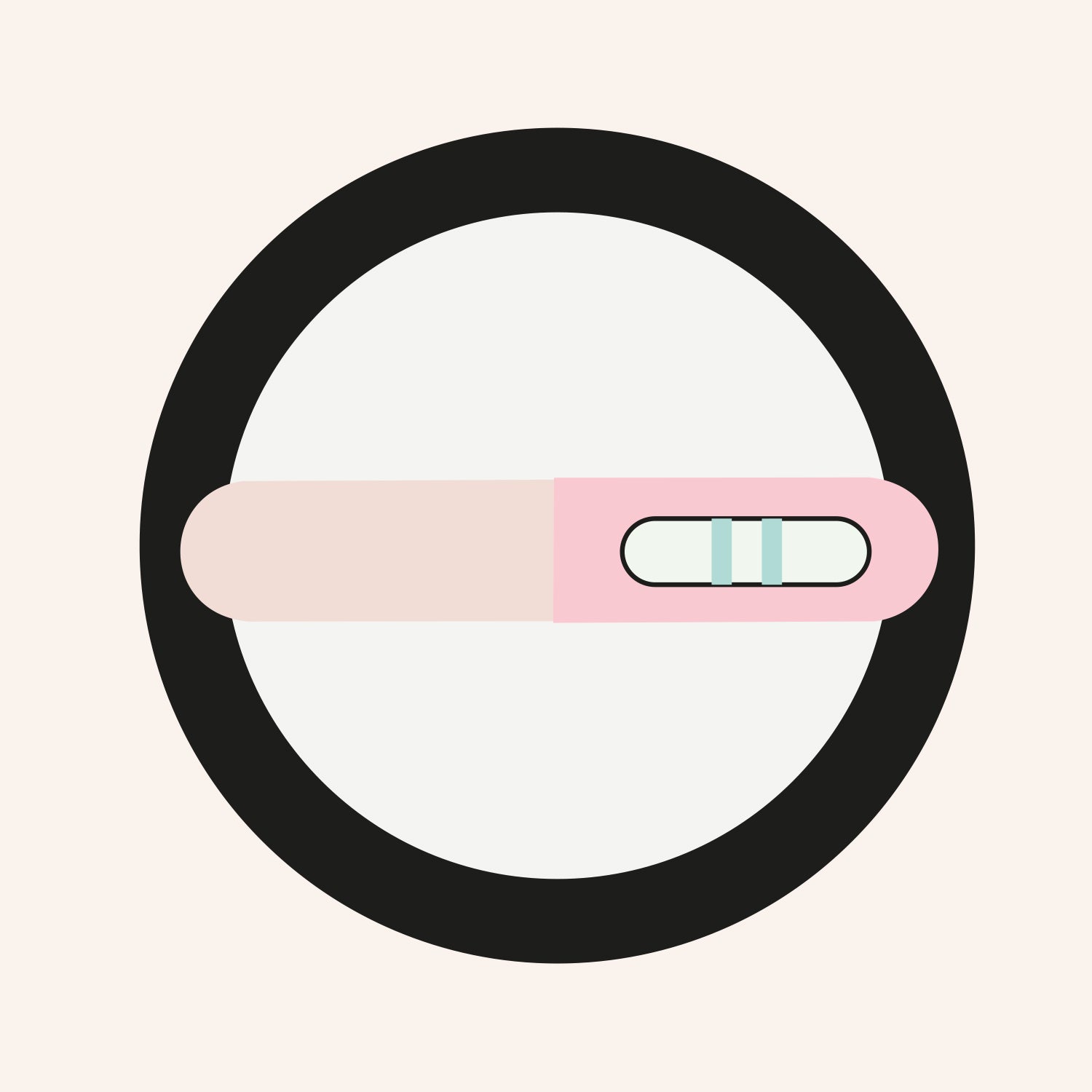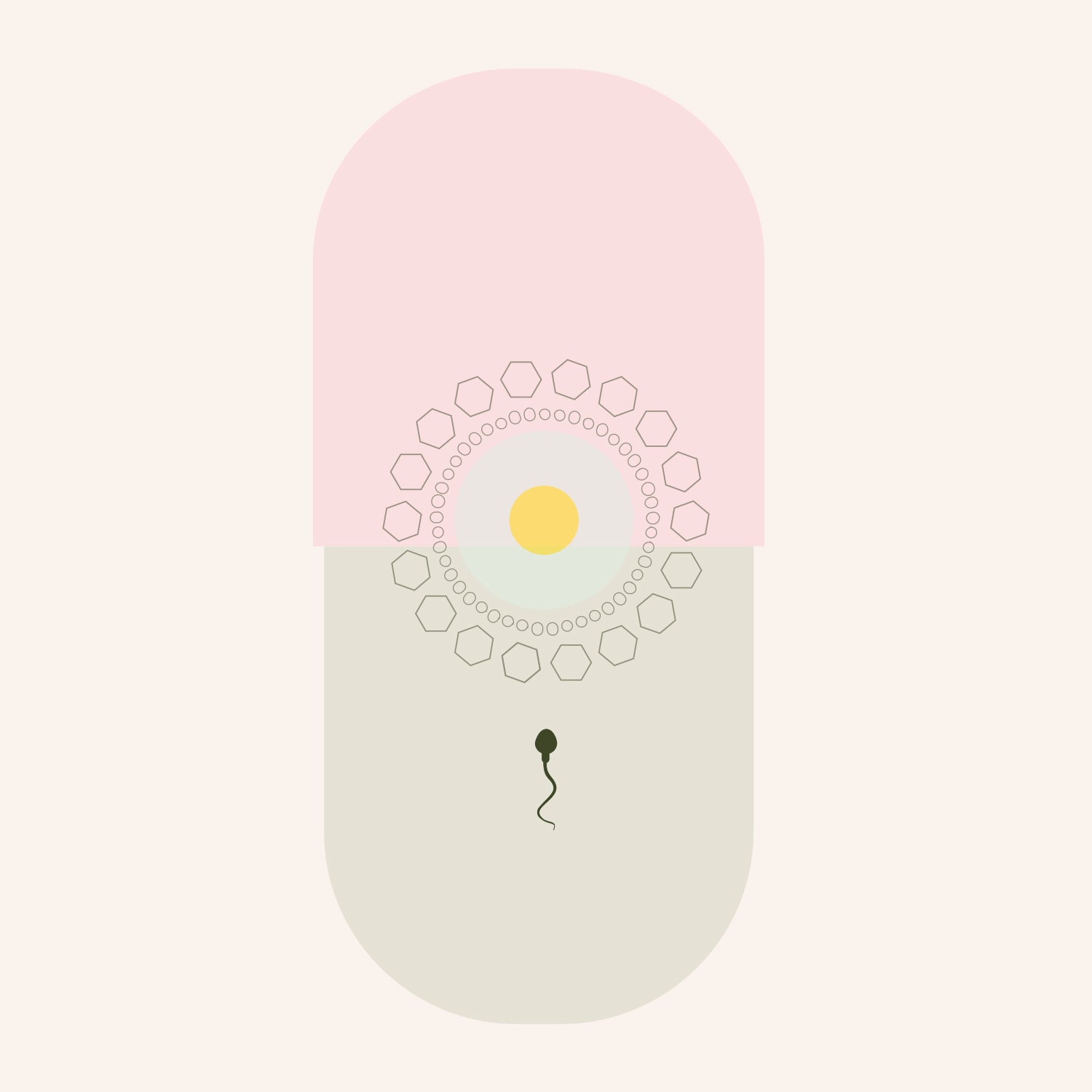As many as three million men in the UK could have a fertility problem which typically only becomes apparent when wanting to start a family.
There are some simple but important lifestyle adjustments you can make to dramatically help your chances of conceiving naturally - regular exercise, cutting out bad habits (such as smoking and excessive alcohol), as well as reducing the consumption of processed foods and implementing a good balanced diet.
Getting the many nutrients necessary to optimise male fertility through diet alone can be complicated and expensive. A more efficient way of consuming these key vitamins and micronutrients can be to use a male fertility supplement.
One of the biggest contributing factors to male infertility is the lack of proper micronutrients. Some of these key nutrients include L-Carnitine used for energy supply, L-Arginine the building blocks for sperm cells, and antioxidative protectors such as Vitamins C, Vitamin E, and Pine Bark Extract.
It also includes Maca, proven to improve libido, increase energy and stamina, and Cordyceps which has been prized for thousands of years in Chinese culture as a vitality enhancer.
Naître’s natural male fertility supplements supply both the critical building blocks for sperm cells themselves, as well as the sperm boosting nutrients that are essential for healthy, mobile and successful sperm. It includes a wide range of micronutrients, vitamins and amino acids that have been proven to dramatically improve sperm quality effectively, naturally and without any side effects.
Liposomes: The Powerhouse of Nanomedicine
The word “lipo” comes from the Greek word for “fat.” Liposomes are small, round-shaped vesicles made of essential phospholipids, the same things that constitute our cell membranes.

